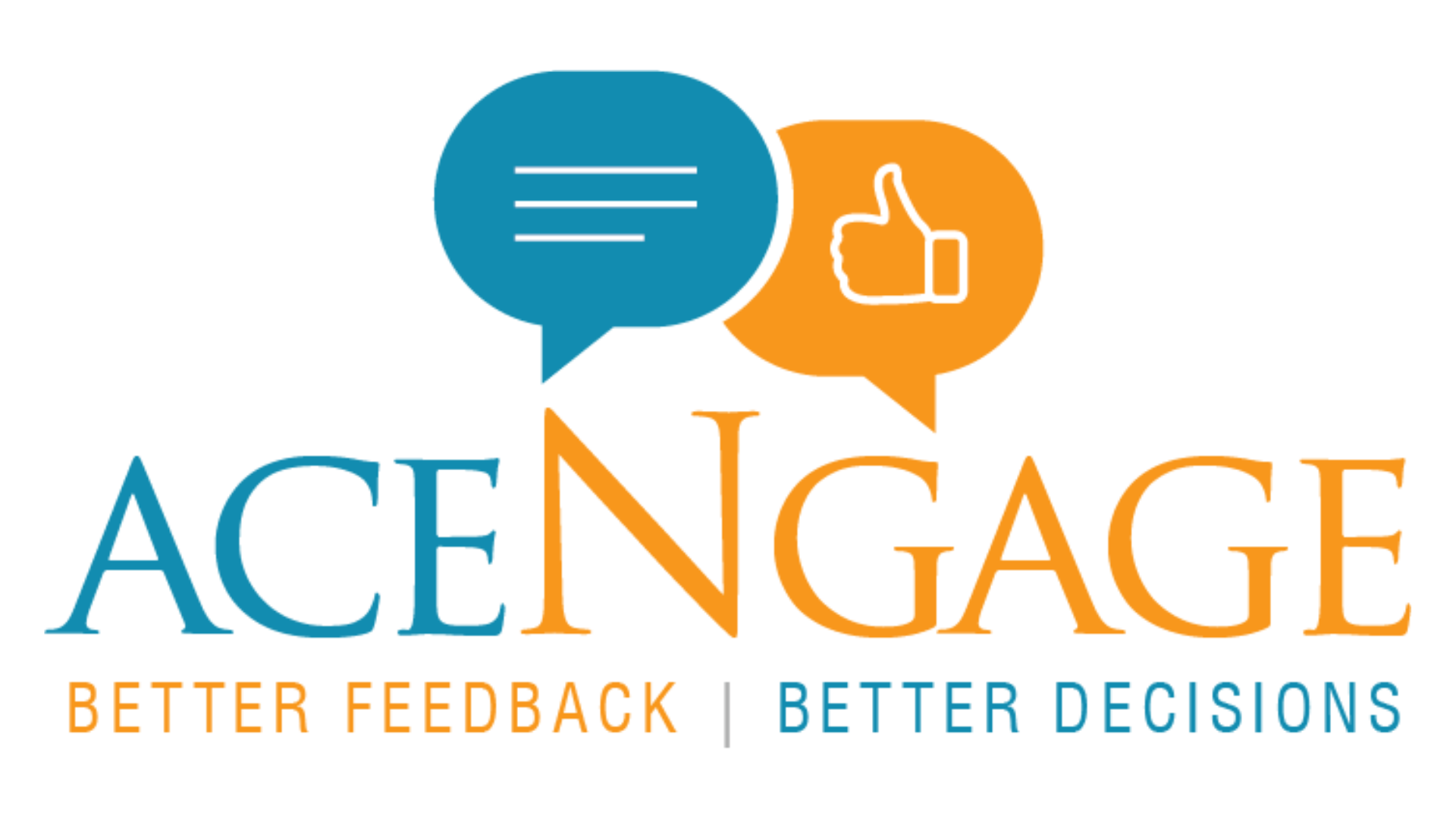As an HR leader, you’ve probably faced this dilemma:
Do employees give better feedback when their names are attached, or do they hold back out of fear?
Exit interviews are meant to uncover the truth behind employee departures, but here’s the catch—many employees don’t trust HR enough to be completely honest.
Should exit interviews be anonymous in a world where employee retention is a top priority?
Today, we’ll break down the pros and cons, look at real-world case studies, and explore whether outsourcing exit interviews might be the best way to get unfiltered insights.
The Current State of Exit Interview Transparency
Before we dive into the debate, let’s look at what the data says about employee honesty in exit interviews:
- 45% of employees admit they aren’t 100% truthful in exit interviews due to fear of burning bridges (Harvard Business Review).
- 63% of departing employees hesitate to criticize their manager openly (SHRM).
- Companies that offer anonymous exit interviews report 30% more candid feedback compared to named interviews (LinkedIn).
Clearly, honesty is a problem, but does anonymity solve it—or does it create new challenges?
The Case for Anonymous Exit Interviews
Many HR leaders believe that anonymity encourages raw, unfiltered feedback—the kind that actually helps fix workplace issues.
1. Employees Feel Safer Being Honest
💡 Example: A leading IT firm switched to anonymous exit interviews and saw a 50% increase in employees mentioning leadership issues as a reason for leaving.
When employees don’t fear backlash, they’re more likely to reveal:
✅ Toxic workplace culture
✅ Ineffective leadership
✅ Compensation and policy gaps
HR Director’s Insight:
“We realized employees weren’t talking about harassment issues in named exit interviews. Once we introduced anonymity, we discovered hidden trends and took corrective action.”
2. Unbiased Data Collection & Trend Analysis
With anonymous feedback, HR can track larger patterns rather than focusing on individual grievances.
✅ Example: A retail company found that mid-level managers had the highest attrition rate due to poor career growth. This insight was buried in earlier, non-anonymous interviews.
💡 Stat: Companies that analyze anonymous exit interview data see a 20-25% improvement in retention (Harvard Business Review).
3. Increases Employee Participation
Let’s be real—many employees ghost HR’s exit interview requests because they don’t trust the process.
📊 Survey Insight:
- Companies with anonymous exit interviews see a 35% higher response rate than those with named interviews.
- Employees who feel exit feedback won’t be traced back to them are more willing to participate.
The Case Against Anonymous Exit Interviews
While anonymity has its advantages, it also comes with serious limitations.
1. No Ability to Clarify or Follow Up
If an employee says, “The leadership team is ineffective,” in an anonymous exit interview, HR has no way to ask:
- Which leader specifically?
- What behaviors are problematic?
- How can we fix this?
✅ Example: A multinational consulting firm stopped anonymous exit interviews after realizing they couldn’t get actionable details to improve retention.
📊 HR Statistic: 57% of HR leaders say anonymous feedback lacks clarity, making it harder to address specific issues (SHRM).
2. Risk of False or Exaggerated Claims
Without accountability, some employees may vent frustration without basis.
💡 Example: A finance company received multiple anonymous exit reports about a “toxic culture.” But when they investigated, they found the issue was limited to one department—not the entire company.
🔴 Anonymous exit interviews can sometimes distort company-wide perceptions.
3. Leaders Can’t Take Meaningful Action
Named exit interviews allow HR to escalate specific cases, but anonymous data often results in broad, non-specific actions.
💡 Example: A healthcare company using anonymous exit interviews found that compensation was a recurring issue. But because they couldn’t pinpoint specific roles or salary bands, they struggled to make precise changes.
📊 Insight: 73% of HR leaders prefer named exit interviews for making more targeted improvements (Gallup).
Exit Interviews: Anonymous vs. Named – A Side-by-Side Comparison
| Factor | Anonymous Exit Interviews | Named Exit Interviews |
|---|---|---|
| Honesty Level | Higher—employees feel safer | Lower—employees may sugarcoat responses |
| Clarity of Feedback | Low—broad trends, lacks specifics | High—HR can ask for clarification |
| Participation Rate | Higher—employees are more likely to engage | Lower—some employees avoid participation |
| Actionability | Lower—difficult to address specific issues | Higher—specific feedback enables targeted action |
| Risk of False Claims | Higher—employees may exaggerate without accountability | Lower—named employees take responsibility for statements |
| Use Case | Best for uncovering culture trends, leadership insights, broad data | Best for addressing specific employee concerns and direct improvements |
So, Should Exit Interviews Be Anonymous? The Verdict
🔵 For Large-Scale Trend Analysis: YES. Anonymous exit interviews can help identify culture issues, leadership trends, and policy gaps.
🔴 For Actionable, Targeted Improvements: NO. Named exit interviews allow HR to investigate and act on specific concerns.
💡 The Best Approach? A Hybrid Model
Many top companies now use both anonymous and named exit interviews to get the best of both worlds:
1️⃣ Start with an anonymous survey to gather broad trends and initial insights.
2️⃣ Follow up with a named exit interview for detailed discussions (where possible).
3️⃣ Outsource exit interviews to a neutral third-party like AceNgage for unbiased, trustworthy data.
✅ Example: A Fortune 500 company used both methods and discovered that while surveys showed “poor management” as a reason for exits, named exit interviews revealed specific managers responsible, allowing them to take targeted action.
How Outsourcing Exit Interviews Solves the Honesty Problem
Even in named exit interviews, employees might filter their responses if they don’t trust internal HR. That’s why many companies outsource exit interviews to third-party experts like AceNgage.
Benefits of Outsourcing Exit Interviews:
✔️ Employees feel safer speaking to an external party—ensuring more honesty.
✔️ Neutral interviewers probe deeper without internal bias.
✔️ AI-driven analytics reveal hidden patterns HR might miss.
✔️ Combines anonymous surveys with named follow-ups for full insights.
💡 Quote from a CHRO:
“Ever since we outsourced exit interviews, our retention strategies have become more data-driven. Employees trust the process more, and we’ve reduced attrition by 22%.”
Final Thoughts: The Future of Exit Interviews
So, should exit interviews be anonymous?
📌 If you want unfiltered cultural insights: Go anonymous.
📌 If you need actionable, role-specific feedback: Stick to named.
📌 If you want the best results: Use both and consider outsourcing for better accuracy.
👉 What’s your company’s approach to exit interviews?
At AceNgage, we help companies turn exit feedback into powerful retention strategies.
📩 Let’s discuss how we can improve your exit interview process!







